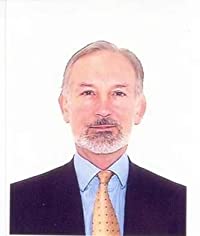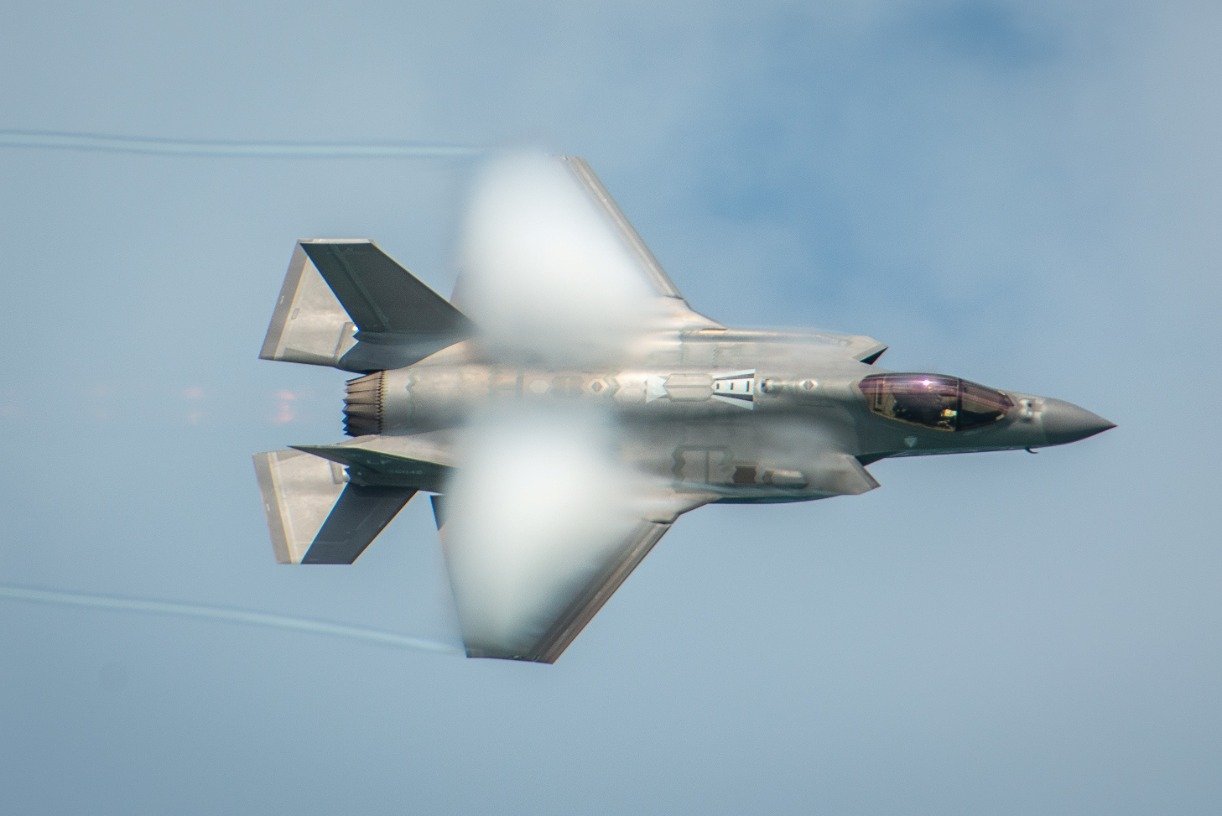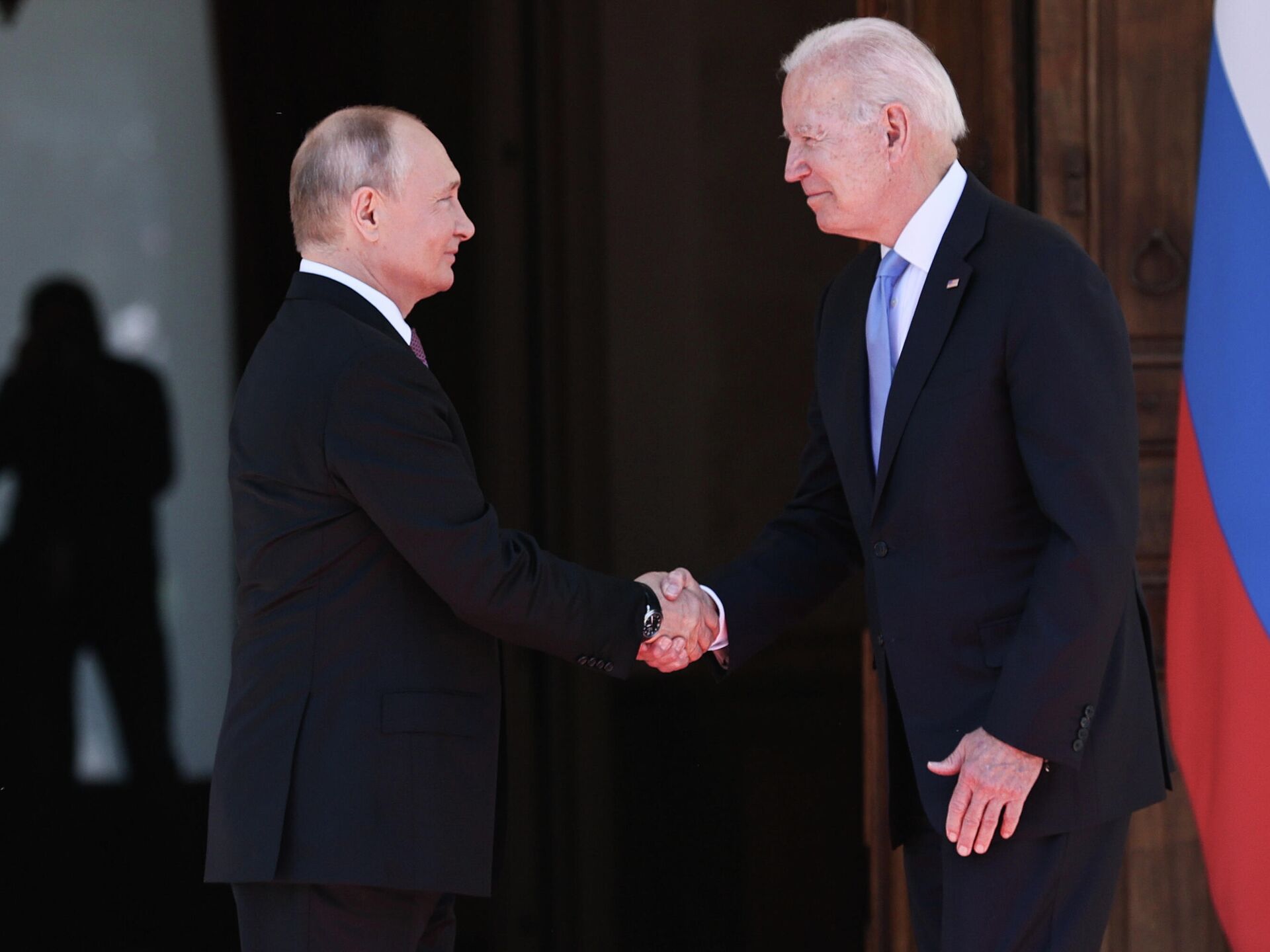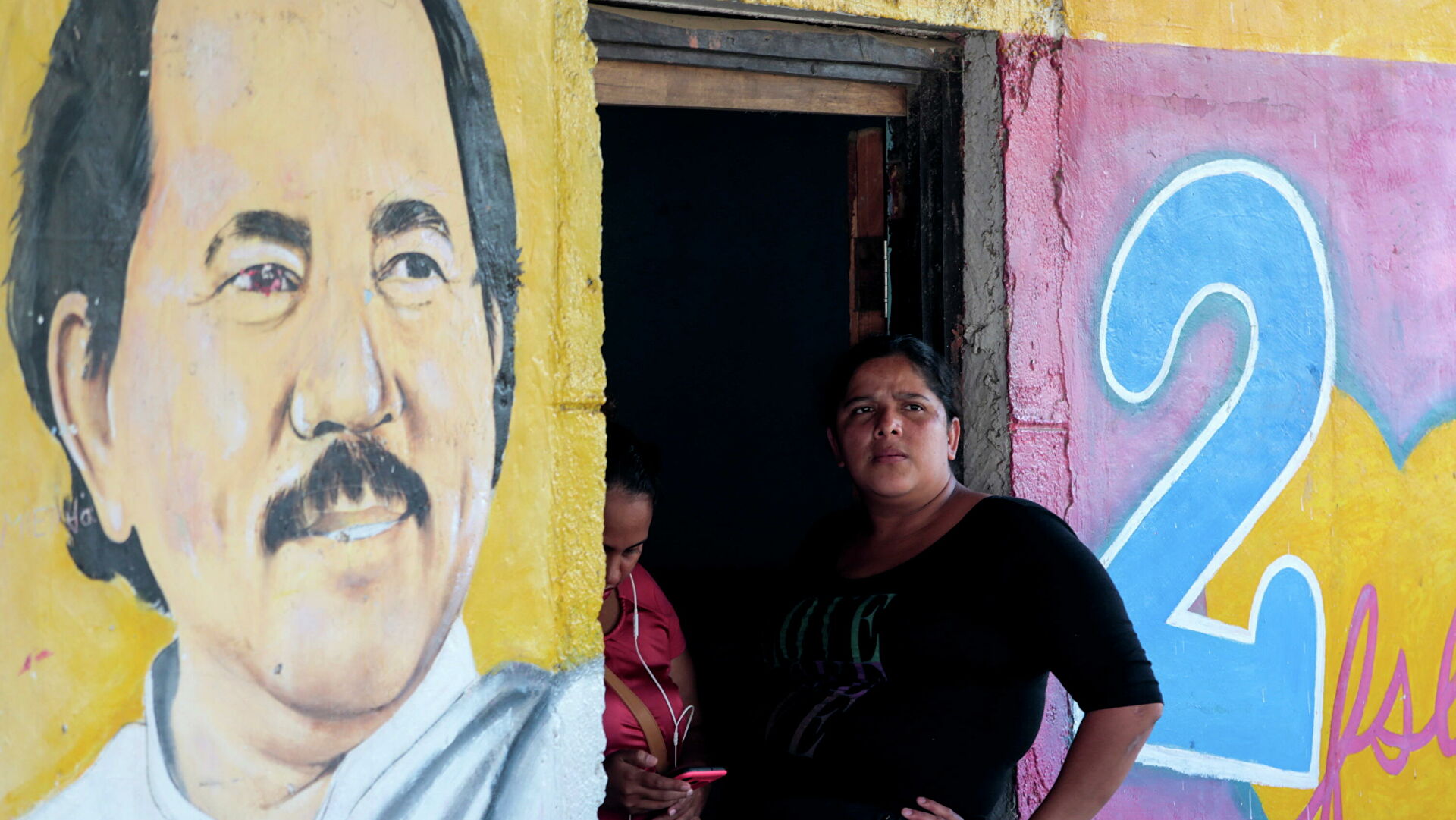
Gilbert Doctorow
Gilbert Doctorow is a Research Fellow of the American University in Moscow
The Establishment boys are long out of practice at debates. In their contemptuous dismissal of any opponents who present another vision of events, they have gone flabby. Read on…
As I foresaw, John Mearsheimer’s essay on ‘Why the Ukraine Crisis is the West’s Fault’ in the September-October issue ofForeign Affairsmagazine stirred up the hornet’s nest ofthose in and around the magazine’s editorial board who were responsible for the policy disaster on Russia/Ukraine that Mearsheimer took apart analytically in his essay. The hullaballoo in the Friends of State camp was so considerable that the pushback that often follows publication of controversial essays inFAin the following edition was nota five or six page Response, as is normally the case, but was instead allotted a whopping 12 pages under the heading "Faulty Powers. Who Started the Ukraine Crisis?” in the just released November-December issue.
Mearsheimer is a scholar’s scholar, a theorist who has not served in the government. He is also not a Russianist. His area of expertise is in the realm of IR theory where he has carved out a niche in neo-Realism.FAin its wisdom set against him two professors who have followed a more widely practiced route of outstanding political scientists, having worked within U.S. diplomacy in the home office as planners and in the field as implementers. They both are heavily invested in the policies at issue:Michael McFaul, who in 2012-14 was U.S. Ambassador to Russia and for 3 years before that was a close adviser to President Obama on Russian affairs; and Stephan Sestanovich, who was Ambassador-at-Large to the Newly Independent States of the former Soviet Union in the period 1997-2001.
And yet, in this seemingly unequal battle, Mearsheimer held his own very nicely, parrying the intended blows of his heavier class opponents and landing a Technical Knock-Out by merely standing in the ring when the final bell sounded.
Let me say straightaway that this was generally a high minded and decent fight such as, sadly, has become a rarity in our day of the information war, when brawlers on behalf of the Establishment are all too ready to denounce naysayers as stooges of Putin. McFaul’s labeling the Realpolitik analysis of Mearsheimer as potentially ‘irrational and dangerous’ was suggestive but little more than a wild swing. And there was a hint of ad hominem argumentation brought in by Sestanovich via his allegation that Mearsheimer has done flip-flops in his views on the Cold War and relations with Russia, citing works from Mearsheimer going back to 1990 and 1993.Reversals there may well be, but that proves nothing, least of all in the sphere of analysis of current events, where political scientists are regularly asked to project future scenarios based on facts that are constantly changing. In this context, consistency of positions taken is no virtue and inconsistency is no vice.
Mearsheimer in his response to his critics effectively turns back the misrepresentations of his arguments. Sestanovich did it explicitly, McFaul did it implicitly:both took for a given that Mearsheimer’s case rested on the argument that NATO expansion alone was what drove the resentment and rising assertiveness that led Russia to ‘annex’ Crimea and set up the present East-West confrontation in a Ukrainian civil war.
McFaul stresses that in his five years in government he never heard NATO expansion come up as an issue from the Russian side. It became so only after the December 2011 mass demonstrations against the Putin regime following the egregious irregularities of Duma elections. According to McFaul, at that point Putin needed to invent a meddling enemy in the person of the USA to justify his repression at home, and NATO expansion was a leading point in the anti-American campaign that goes on till this day. As McFaul puts his argument succinctly:"Russian foreign policy did not grow more aggressive in response to U.S. policies; it changed as a result of Russian internal political dynamics.” Moreover, in claiming that Putin’s actions were driven by his own’ ideology,’ McFaul tries to turn the tables on Mearsheimer over who, the United States or Russian leadership, is blinded by ideology.
After repeating verbatim the Washington Consensus narrative of the events leading up to the overthrow of the Yanukovich government in February 2014 and the heating up of confrontation with Russia, Sestanovich focuses his attention on the NATO issue, asserting that this could not have been the real driver of events either in the period prior to the overthrow of Yanukovich or in the time since. He tells us that:
‘Yanukovich’s fall was a historic event, but it did not, despite Russian claims, revive Ukraine’s candidacy for NATO membership. Ukrainian politicians and officials said again and again that this issue was not on the agenda.”
Central as this question may be to his critique of Mearsheimer, in setting out as his own the official Washington history of events Sestanovich makes many parallel criticisms of the Realist approach that Mearsheimer embodies. Whereas in his original article Mearsheimer would have us believe that Putin is a master strategist and Realpolitik player, Sestanovich endeavors to prove that the Russian president is impulsive, irrational and ultimately a loser.
His additional line of attack is that neither party to the confrontation, that is, neither the United States nor Russia, has been consistent in following a Liberal policy line or a Realpolitik policy line respectively. America has preached universal values (Liberalism) but practiced Realism (old-fashioned power politics) in pursuit of national interests.
In what is, finally, a much more dense and complex analysis than McFaul’s, Sestanovich leaves us with the vision of a Russian President bent on conquest who is kept in check only by the expansion and reinvigoration of NATO which dates from the time of his service in the State Department.
Mearsheimer uses his time in the ring to overturn what he considers misrepresentation of his argumentation in the September-October issue. He insists that NATO expansion was only one of his three ‘critical elements’ but that on this one Sestanovich and McFaul are dead wrong: contrary to their assurances, the United States both before the Georgian War in August 2008 and afterwards pushed actively for Ukraine in NATO while knowing full well Russia’s determined opposition to such an outcome. The second element that directly caused the crisis as stated in Mearsheime’s September essay was the February22, 2014 coup that ‘ignited the fire.’ Here Mearsheimer challenges directly and persuasively the narrative from Sestanovich alleging that Yanukovich inexplicably fled and was subsequently impeached.Finally, he disputes the notion of both his opponents that Russian foreign policy has been determined by the personality of Putin rather than by clearly defined national interest.
Mearsheimer concludes with a prediction that Vladimir Putin will emerge from the present confrontation having achieved his primary aim: "preventing Ukraine from becoming a Western bulwark.”
Given the difference in weight categories of the contestants, the fact that Mearsheimer remained on his feet at the end of the match may be explained as much by the sheer flabbiness of his opponents as by the strength of his argumentation. So many points introduced by Sestanovich and McFaul were simply unbelievable.McFaul’s repeated insistence that Russia never objected to NATO expansion during his time in government service suggests either mendacity or amnesia. The entire thrust of Russian foreign policy during the Medvedev presidency was precisely to rein in NATO and prevent its waging war on Russia as it had done on Serbia through the drafting of a new security architecture for Europe.Sestanovich’s suggestion that Yanukovich abandoned his presidential office of his own free will is not worthy of serious discussion even if Mearsheimer deigned to respond.
What I am saying is not incidental, it is fundamental to the entire boxing match.The Establishment boys are long out of practice at debates. In their contemptuous dismissal of any opponents who present another vision of events, one which in any way seems to defend the Russian narrative, they have unlearned the art of one-on-one combat.They appear in auditoriums, they appear in print only before their own kind. They do not take their thoughts to conclusion, because they know they will be understood and approved at mid-sentence.
Considering the experiential strength of his opponents, it would surely have helped his cause, and made him seem less of an outlier if Mearsheimer had reminded his readers that there are some very serious Russianists and practitioners of diplomacy in the Russian area who fully share his understanding of causality and of how events unfolded in the US-Russian confrontation over NATO and over Ukraine.To name two, these are Professor Stephen Cohen of NYU and Princeton and Ambassador Jack Matlock.Authority does not win arguments by itself, but it also does not hurt to have authority on one’s side.
I propose to conclude this critique of the response and counter-response by looking at the tantalizing issue which Sestanovich and McFaul raise, but which neither they nor Mearsheimer deal with exhaustively or profoundly. This is why since Putin’s accession to power up until the present deep crisis Russian policy towards the United States in particular and the West in general has alternated between gestures of rapprochement and ever more serious confrontation.
But taken in full context, they are not gestures but something more substantial that might be better understood as a Plan A (alliance with the US) and a Plan B (proceeding the Russian way building partnerships against the USA).I maintain that Plan A has always been the preferred policy of the Kremlin under Vladimir Putin’s stewardship, but a full-blown Plan B has been at the ready and has been advanced and implemented when and where Plan A has come up against insuperable obstacles not of Russia’s making.
If we go back to the days immediately after 9/11, we find that Vladimir Putin was the first head of state not merely to reach out to George Bush with words of consolation but to follow that with amazing concessions to US security interests, especially in Russia’s own back yard, Central Asia, enabling America to organize its riposte to the Taliban in Afghanistan.This was understood at the time and has since been seen by many specialists as a direct bid to enter into a close security partnership with the United States. Put in other terms it was a bid to enter NATO.
However, Russian membership in NATO in 2001, just as in 1994, the last time it was seriously put on the table, would mean a reinvention of NATO whereby genuine consensus and not an American diktat would manage the alliance.This was utterly unacceptable to the American leadership and Putin got as reward for his efforts the abrogation of the ABM treaty, which marked the resumption of the quest for strategic nuclear superiority over Russia first announced by President Reagan but supposedly abandoned once the Cold War ended.
This in turn led to a switch over in Moscow to Plan B, and in 2003 Russia joined Belgium, France and Germany in refuting the arguments for war over Saddam Hussein’s arms of mass destruction, withholding approval of the pending US invasion in the UN Security Council.This blow to the international legitimacy of America’s Iraqi adventure in turn set the US course of denigration of Putin and of Russia as a whole which has brought us to the New Cold War.
In the course of the ten plus years since America’s ‘shock and awe’ roll out of its unilateral policies, there have been re-sets on both sides, but only Russia has held to a Plan A envisioning strategic partnership whereas the United States, at best, was prepared to engage in joint efforts at resolving specific problems like cutting nuclear strategic offensive systems or preventing nuclear proliferation in the Iran case.
As I wrote even a year after the fateful Russian-Georgian War, I had no doubts that a significant party within the Kremlin leadership still hoped for a Russia in NATO.
See
https://www.themoscowtimes.com/sitemap/free/2009/8/article...
At the same time, the official Russian policy had become to restrain NATO through a new Europe-wide security treaty and corresponding mechanisms of state-to-state relations giving Russia genuinely secure borders.
That was all before the venomous information war that we have seen over the past two years and before the risk of a hot war between NATO and Russian forces in Ukraine that developed this past summer and has not entirely receded given the shakiness of the truce that has suspended a proxy war.
All of these issues merit far more attention than they have received from international affairs specialists in the United States, least of all on the pages ofForeign Affairsmagazine.



_jpg/250px-ElbeDay1945_(NARA_ww2-121).jpg)









